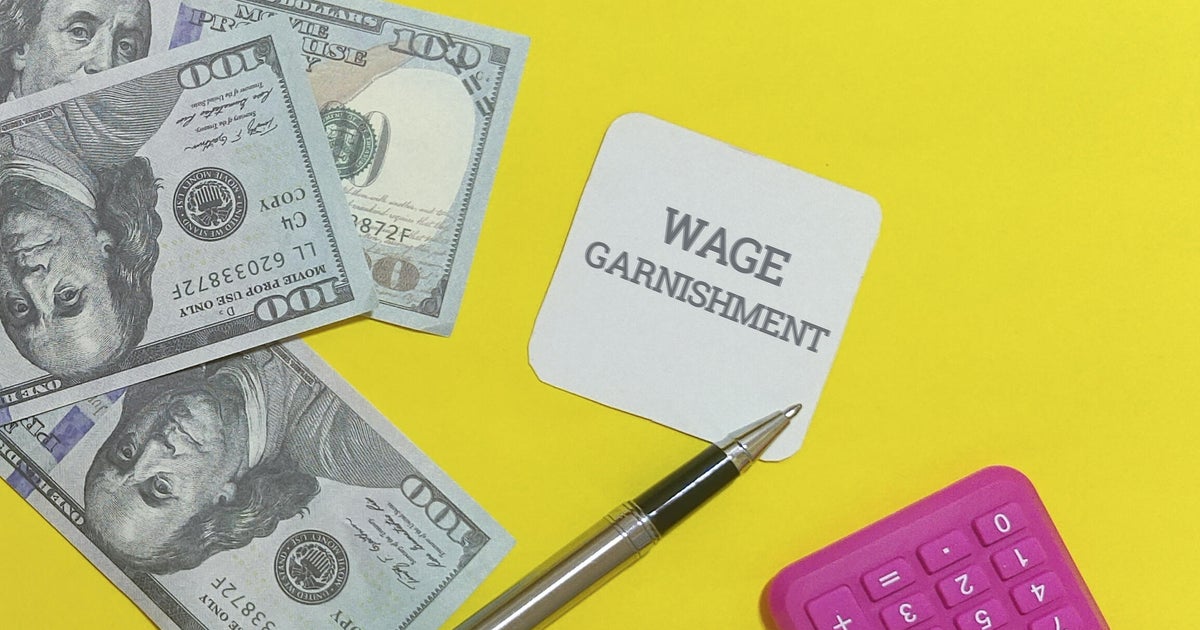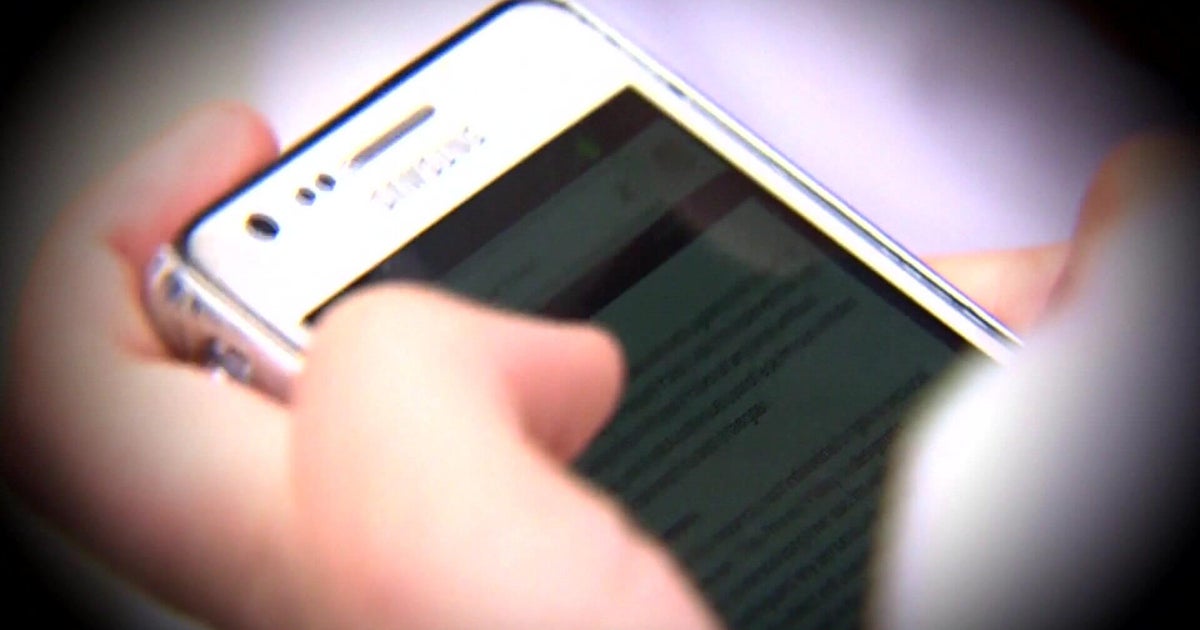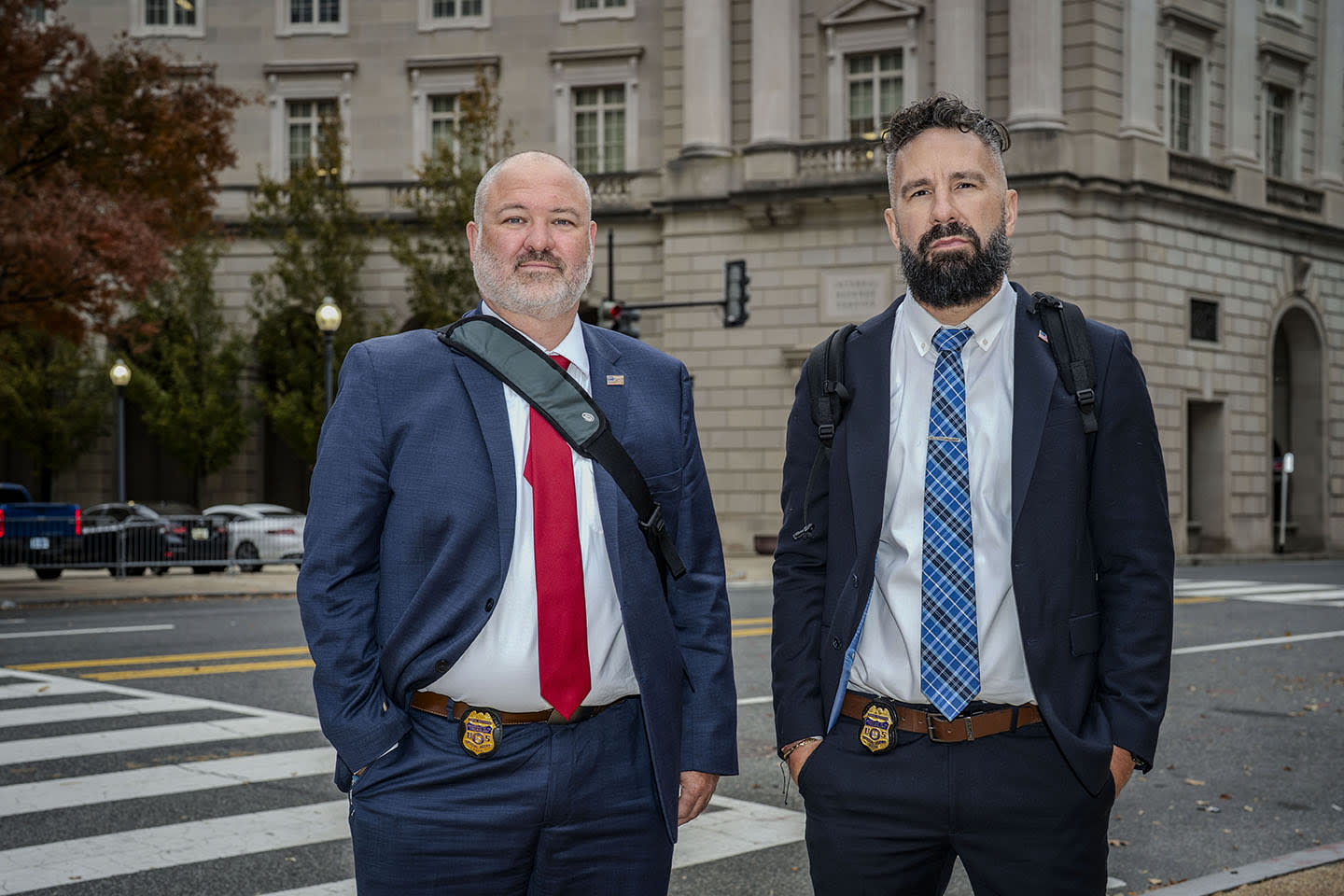Got a text about a $1,200 stimulus check waiting for you? Don't click, IRS says
If you get a text that promises a $1,200 stimulus check, don't click on it, the IRS is warning. Criminals are preying on the hardship that many consumers are experiencing during the coronavirus pandemic with a phishing scam that won't provide any money — but will steal your personal information.
Consumers have been receiving texts dangling a $1,200 stimulus check, along with a link to click that promises to deliver the money into your bank account. But it's a ruse to get consumers to hand over their financial and personal information, the IRS said in a statement.
The text reads: "You have received a direct deposit of $1,200 from COVID-19 TREAS FUND. Further action is required to accept this payment into your account. Continue here to accept this payment …"
- IRS says time is running out for people to get their stimulus checks
- What's the status of a second $1,200 stimulus check?
Clicking the link will take you to a fraudulent website that impersonates the IRS.gov Get My Payment website, the IRS said. The actual IRS.gov website requests personal data such as your Social Security number, date of birth and bank account data. The IRS said the fake website asks victims to enter "their personal and financial account information."
The IRS said it never texts or emails consumers.
"Criminals are relentlessly using COVID-19 and Economic Impact Payments as cover to try to trick taxpayers out of their money or identities," IRS Commissioner Chuck Rettig said in a statement. "This scam is a new twist on those we've been seeing much of this year. We urge people to remain alert to these types of scams."
If you've received one of these texts, the IRS said you should report it to phishing@irs.gov, along with a screenshot and information about the day and time you received the message, the number that appeared on caller ID and the number that received the message.
Last chance for first stimulus check
Even though the IRS won't text you, it has sent out 9 million letters to consumers who may not have received their stimulus checks yet. Those letters tell consumers they have until November 21 to register for one of the checks.
The payments were authorized in March by the Coronavirus Aid, Relief, and Economic Security, or CARES, Act, which provided up to $1,200 to eligible individuals and up to $2,400 for married couples, with an additional $500 for each dependent under 17.
Those 9 million people are among those who aren't required to file annual tax returns, such as some senior citizens, low-income households or college students who aren't claimed as dependents by their parents. Those adults should register for their checks by November 21 at the IRS' Non-Filers tool to qualify for the checks.



